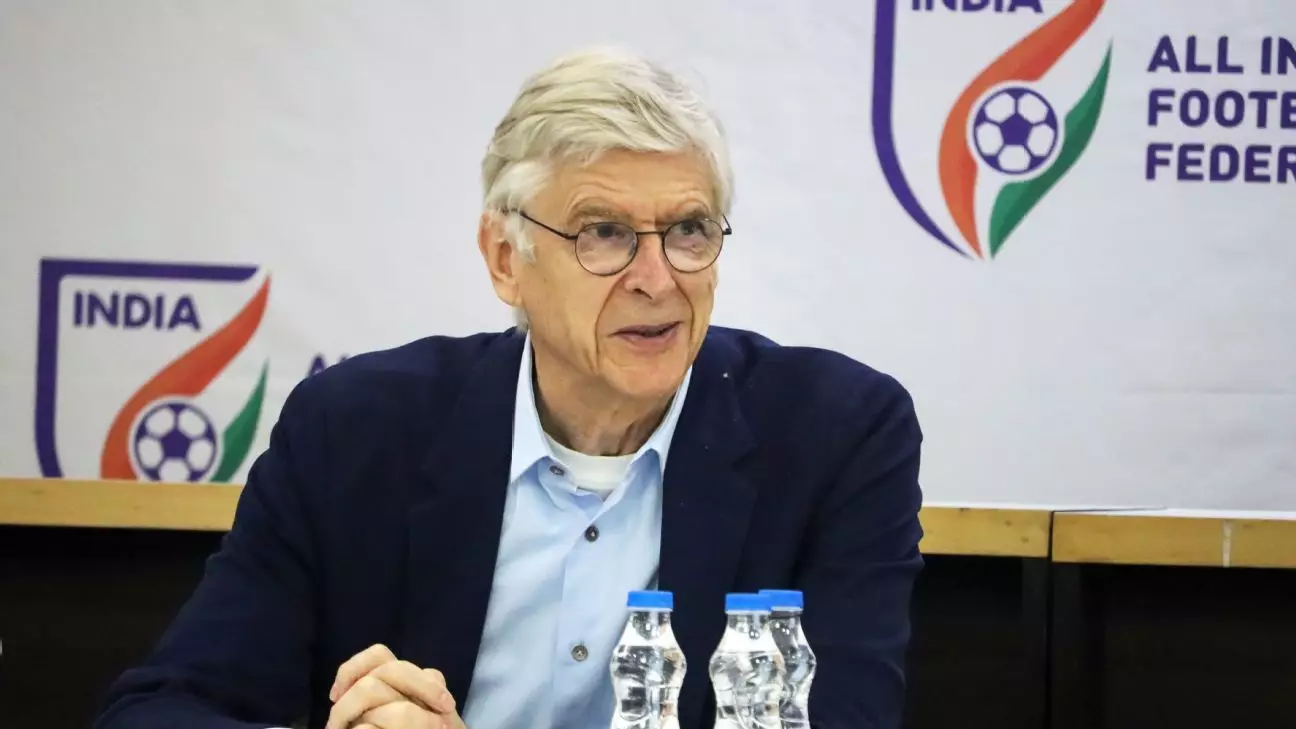With the relentless demands of the modern football calendar, the issue of player welfare has emerged as a point of contention. In response, FIFA is gearing up to embark on crucial discussions led by Arsène Wenger, a venerable figure in football management. His task force aims to scrutinize the current state of the game and propose actionable measures geared toward enhancing the well-being of players. This initiative is not merely about addressing physical health; it seeks to encompass mental well-being, fostering a holistic approach to the players’ overall welfare.
This initiative marks a significant pivot from FIFA’s previous stakeholder engagements, particularly since the dissolution of an earlier committee in 2021 that included players’ unions like FIFPRO, clubs, and domestic leagues. Engaging these essential parties signifies a renewed commitment to listen to voices often drowned out by the commercialization of the sport. The task force will incorporate a variety of perspectives—medical, regulatory, operational, and legal—essential for developing comprehensive recommendations that could significantly change the future landscape of football.
FIFA finds itself amid a whirlwind of legal scrutiny, particularly concerning complaints from players’ unions and league officials about the increased workload resulting from recent expansions in men’s competitions. This mounting pressure may catalyze a critical examination of existing fixtures, pushing for reforms that prioritize the health of players over the financial incentives associated with a congested calendar. The mention of potentially striking players indicates a growing discontent that could resonate within club dressing rooms if the status quo remains unchallenged.
One of the most promising aspects of Wenger’s task force is its commitment to base recommendations on cutting-edge scientific research regarding players’ physical and psychological health. Previous collaborations between FIFA and the World Health Organization have established frameworks to manage serious issues like head injuries, setting a precedent for data-driven policy-making in the sport. The intent to rely on solid evidence to inform reforms is crucial, especially in an era where player burnout and mental health concerns are under the magnifying glass.
A Future Worth Fighting For
Ultimately, the dialogue surrounding player welfare is not only timely; it is critical for the long-term sustainability of the sport. Wenger’s leadership in this initiative carries the potential to effect meaningful change within a system that has traditionally prioritized profit over people. As representatives from various sectors come together to formulate recommendations, the challenge remains for FIFA to act decisively in implementing solutions that protect its most valuable asset: the players. The future of football may hinge on these discussions, as they could well redefine the very fabric of the game as we know it.

